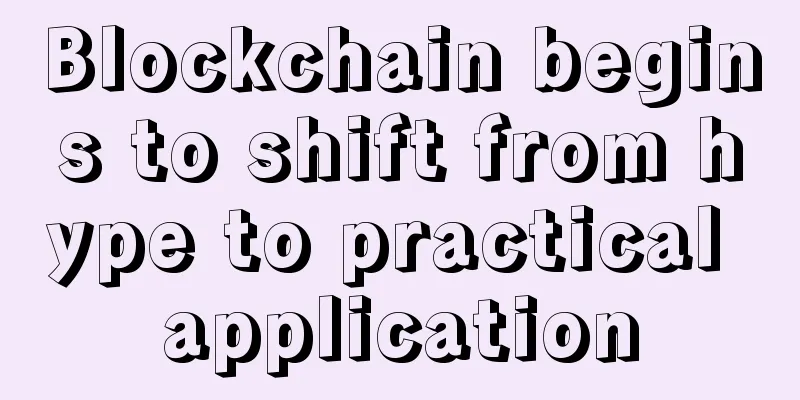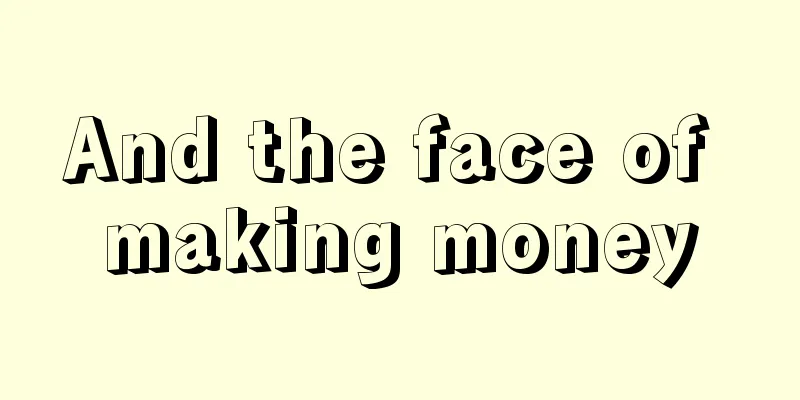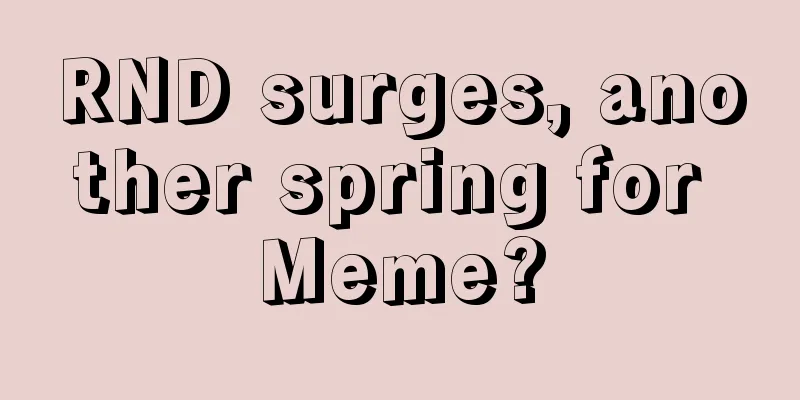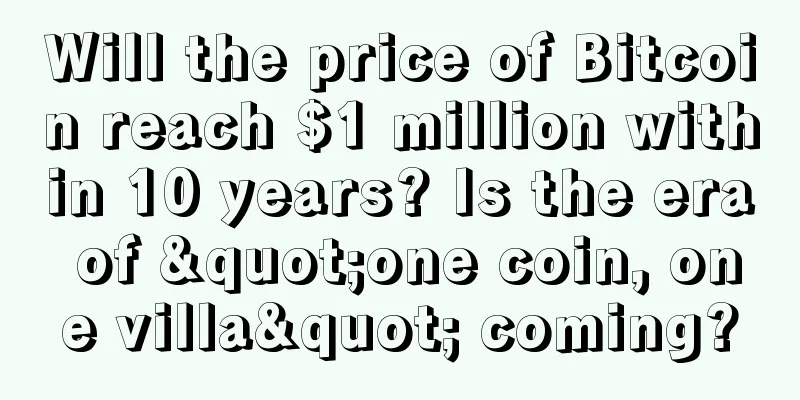Blockchain begins to shift from hype to practical application

|
Peter Hiom, deputy chief executive of the Australian Securities Exchange, announced at this year’s Securities Industry Conference that his speech would touch on blockchain. “It’s everyone’s favourite topic,” he joked, “or the new black tech.” The technology behind Bitcoin has been discussed a lot in the financial world, but so far, most of the discussion has fallen into two categories: popular science about what the technology is and the role it could play in different areas of banking and markets, and the hype that some of the blockchain's most ardent supporters and early investors believe it could bring about major changes. Now, startups and existing financial market giants are beginning to test different uses of blockchain technology. The Australian Stock Exchange (ASX) has taken some of the boldest blockchain experiments. This year, it announced a partnership with Digital Asset Holdings (DAH) to move Australia's stock clearing and settlement system to the blockchain.
Blockchain is an electronic ledger of transactions, with verification of transactions recorded in "blocks". This ledger is distributed across computer nodes on the network and protected by encryption technology. Some say blockchain is a threat to banks and exchanges because it removes the need for a central authority, thereby achieving disintermediation. But others see blockchain as an opportunity for existing financial institutions to save billions of dollars by eliminating inefficiencies and the need for trade insurance. An analysis published last year by Santander InnoVentures, Oliver Wyman and Anthemis Group estimated that distributed ledger technology could reduce banks’ infrastructure costs (including cross-border payments, securities trading and regulatory compliance) by $15 billion to $20 billion per year by 2022.
Nasdaq is another exchange that has used blockchain technology, which it has used in its private trading markets in the United States and is testing it in the Estonian market. DTCC, a U.S. clearing and settlement services provider, has used blockchain to store credit default swap trading information. Meanwhile, Euroclear, one of the world’s largest clearing companies, has partnered with startup Paxos to develop a new settlement system for the London market. “Over the next 12 to 18 months, we’re going to see a lot of different solutions to different problems,” said Mark Smith, CEO of blockchain startup Symbiont. Last month, distributed ledger technology firm R3, Credit Suisse, Symbiont and others announced a project to determine how blockchain could improve the syndicated loan market. Ray Valdes, research vice president at IT consultant Gartner, said that based on his analysis of previous hype for emerging technologies, blockchain hype is at or just before the market peak, and he expects that hype will soon turn to disillusionment. "Starting early next year, we're going to see in the mainstream media that this blockchain thing is not a very good thing," he said.
|
>>: The invisible politics of Bitcoin: the crisis of decentralized governance infrastructure
Recommend
How to prosecute a DAO hacker?
Rage Review : As the world's largest project,...
Facial features of earth-shaped people
Characteristics of Earth-type people <br />...
When will you break through the bottleneck of your career?
When will you break through the bottleneck of you...
Canaan Technology releases first quarter financial report: revenue of 400 million yuan, overseas revenue accounts for nearly 80%
On June 1, Beijing time, Canaan Inc. (NASDAQ: CAN...
How does eyebrow shape affect your face?
In physiognomy, we can infer a person's desti...
Palmistry to see whether your life will be successful
Palmistry to see whether your life will be succes...
What does it mean for a woman to have a mole on the left side of her lips?
The mouth is what we use to eat and talk. General...
The difficulty of Bitcoin mining has soared by 7.08% again. All currencies that will be halved in 2020 have skyrocketed. Is the halving coming?
At 7:42 am on January 15, the difficulty of Bitco...
The signs of a woman who is unlucky in marriage
If some women are destined to be unlucky in marri...
Bitcoin rebounds sharply as India's central bank clarifies it has not banned cryptocurrency trading
The Reserve Bank of India issued a notice on Mond...
The hard fork of the blockchain into a dual chain is not an additional stock issuance but an asset divestiture
Chapter 0 Introduction I was puzzled, and I looke...
Palmistry and physiognomy predict illness in old age
Palmistry and physiognomy predict illness in old ...
Four facial expressions determine your life fortune
Four facial expressions determine your life fortu...
Is the Filecoin server vendor you chose on the computing power list?
Professionalism and focus, win-win cooperation Th...
The most complete and rare palmistry inventory
Although the shapes of our palm lines are differen...









